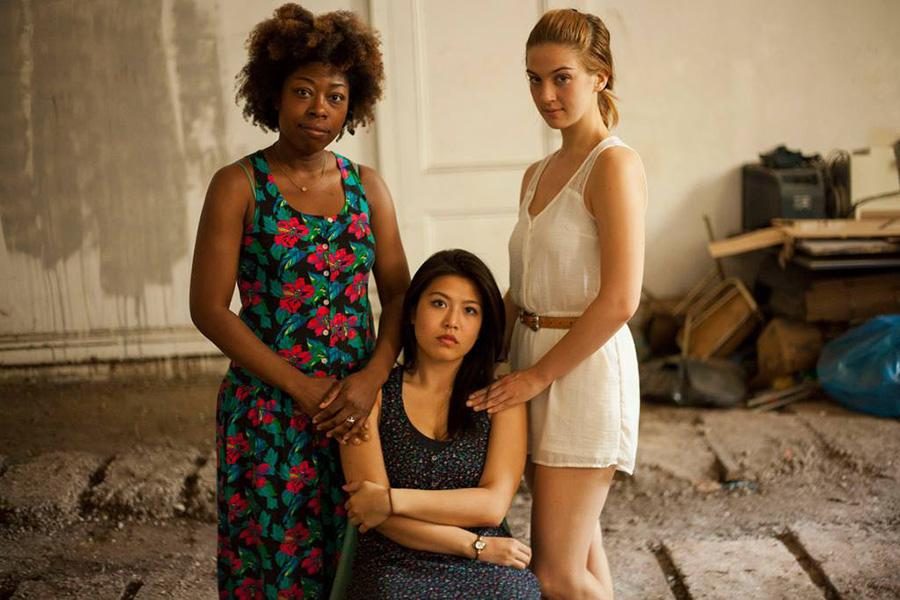Performative interpretation of “Three Sisters” verges on gimmick
More stories from Ariana DiValentino
The works of Anton Chekhov, while certainly beautiful, poignant and deeply important to the history of Western theater, are not exactly fun. In “Three Sisters,” most romances are hopeless, much of the action takes place offstage and many audience members leave with a heavy sense of meaninglessness and depression. This makes Chekhov’s play an interesting one to adapt into an immersive experience, complete with drinking, chatter and live musical performances.
Interesting choices abound in Highly Impractical Theatre’s adaptation of “Three Sisters,” directed by Elana McKelahan during its limited run from Sept. 4 to 28. Set in a dystopian Brooklyn of the near future, the show used an old Lutheran church in Clinton Hill as the site of the Prozorov estate, complete with a banquet room, a nursery room and an eerie, unevenly paved basement. However, the dystopian future theme goes mostly unaddressed save for guards wearing welding helmets.
Perhaps the most notable talking point about the show is that tickets are sold by class stratification: the cheapest tickets go for 99 cents, and its holders experience the show as “Serfs” and agree to help serve the more well-to-do guests. The most expensive tickets, for $99, offer the “Tsar” experience and allow guests to enter through the front door, avoid a security checkpoint and enjoy food and drinks during the show. However, all guests have access to the cash bar. Price points in between cover the proletariat, bourgeoisie and aristocracy, each providing a different way to experience the production. Aside from the opening scene and refreshments, however, there appeared to be little variation between class experiences, leading to the production verging on being a gimmick.
If this system is in fact a social experiment, as the production’s description states, its implications are unclear to the audience, and even less so is its relevance to the story of the Prozorov sisters. The characters speak a little about class and a lot about work, but more out of an idealistic notion of being useful to society than out of consideration for the poor. “Three Sisters” is a play about personal stagnation more than it is about oppression and social mobility.
This production is not quite an adaptation, but rather a very unconventional production of a classic play. The original script is used more or less in its entirety, which has the twofold effect of paying respect to the beautiful, philosophical musings and emotional laments present in the core text, while also stifling the director’s own creative concepts.
It is certainly interesting to imagine a version of “Three Sisters” that involves elements of classism while being completely immersive, but remaining faithful to Chekhov’s text — one that is dialogue-heavy and does not necessarily lend itself to an individualized experience — prevents these ideas from coming to fruition.
“Three Sisters” is playing at 259 Washington St. in Brooklyn through Sept. 28.
Email Ariana DiValentino at [email protected].











































































































































